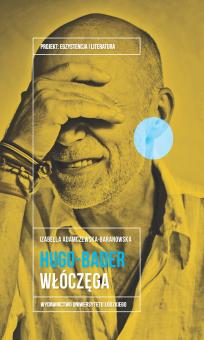-
2364
-
1486
-
1328
-
1191
-
1055
Jacek Hugo-Bader. Włóczęga
ISBN
ISBN-13 (15)
978-83-8220-795-8
ISBN (e-book)
ISBN-13 (15)
978-83-8220-796-5
Słowa kluczowe:
Reportaż, gonzo, literatura podróżnicza, Jacek Hugo-Bader, Gazeta Wyborcza, literatura faktu, reportaż wcieleniowy
Opublikowane:
20 maja 2022
Kategorie:
Filologia polska
Pliki do pobrania
Prawa autorskie (c) 2022 © Copyright by Izabella Adamczewska-Baranowska, Łódź 2022; © Copyright for this edition by Uniwersytet Łódzki, Łódź 2022
Licencja
LicencjaJak cytować
Adamczewska-Baranowska, Izabella. 2022. Jacek Hugo-Bader. Włóczęga. Projekt: Egzystencja I Literatura. Poland: Wydawnictwo Uniwersytetu Łódzkiego. https://doi.org/10.18778/8220-795-8.











